Article | The Global Zionism of Conservative Judaism — the World Council and MERCAZ
October 29th, 2024

Photo: Delegates of MERCAZ Olami and Masorti Olami at the Extraordinary Zionist Congress that marked the 75th anniversary of the independence of the State of Israel.
Article by Rabbi Alan Silverstein, Ph.D. MERCAZ Olami, President
The initial effort to extend Conservative Judaism’s embrace of Zionism beyond the United States was launched by Rabbi Bernard Segal, who served as executive director of United Synagogue of America (later United Synagogue of Conservative Judaism) from 1953 to 1970. As noted by historian Dr. Pamela Nadell, “Segal envisioned bridges to world Jewry, a vision that enabled Conservative Judaism to gain international stature. In 1957, he and a handful of colleagues founded the World Council of Synagogues to implement…Conservative Judaism in Israel and Jewish communities throughout the world.”
Soon after United Synagogue founded the World Council of Synagogues at the 1957 Rabbinical Assembly convention, Dr. Mordecai Kaplan introduced a call for Conservative Judaism to formally enter into the institutional structures of American Zionism (the American Zionist Federation) and world Zionism (the World Zionist Organization). “Zionism is with us not merely a peripheral but a central interest…. The Zionist movement and the Conservative movement are organically related to each other. This is not the case with either Orthodoxy or Reform.” Kaplan regarded Zionism as the best potential source for overall Jewish unity. The World Zionist Organization, he said, “should accept responsibility for reconstituting the Jewish people [as one people]. This would require that the different denominations” — Orthodox, Conservative, Reform — “be united by a common spiritual or religious bond”: Zionism.
The idea of joining the WZO remained alive among the leaders of Conservative Judaism. Even while opposing movement-wide Zionist affiliation, certain Conservative Jewish leaders joined the WZO as individuals. Notably, in 1963, JTS Vice Chancellor Rabbi Simon Greenberg became a member of the WZO Executive Committee. As an insider, Dr. Greenberg experienced the political workings of the institutions of the Jewish people, including the Jewish Agency for Israel and Keren Kayemeth LeIsrael-JNF. This exposure led Greenberg to join other Zionists in voicing frustration that the Conservative movement had remained too far apart from this decision-making aspect of global Jewish life.
As a passionate Zionist, in his work “A Jewish Philosophy and Pattern of Life,” Greenberg praised Israel as a “unifying focus,” “source of self-respect and pride,” “source of inspiration and purpose,” “reviver of the Hebrew language,” “reinforcement of Jewish identity,” “center of gravity for world Jewry,” “center for the future development of the Jewish heritage,” “place to lead a Jewishly fulfilling life,” “means for earning the respect of non-Jews,” and as “an enhancement of a sense of rootedness in the Jewish past.”
Rabbi Greenberg noted that “the Conservative movement always has identified itself with all efforts that encourage and help Jews to settle in or at least visit Eretz Yisrael,” but, he lamented, “We must recognize that as a movement, we have not done nearly enough in this area.” This deficiency was intensified by the Israeli religious establishment’s continuing intolerance of non-Orthodox streams. Discrimination became much more overt after Menachem Begin in 1977 assembled a Knesset coalition into which he invited Haredi parties. Consensus issues such as “Who Is a Jew” within the “Law of Return” were called into question. At the same time, antisemitism spread worldwide following the 1975 United Nations resolution that declared Zionism “a form of racism and racial discrimination.” Pressure to join the WZO in combatting Jew hatred mounted in 1976, especially after the World Union for Progressive Judaism entered the WZO.
The concept of a Zionist political party for Conservative Judaism within the ranks of the WZO took shape under the influence of United Synagogue’s new executive director, Rabbi Benjamin Kreitman. Nadell took note that Rabbi Kreitman’s 1976 inaugural address as executive director insisted that it was “time for the United Synagogue to recognize that Conservatism had grown from a ‘tendency’ [the prevailing view of the JTS chancellor Louis Finkelstein era] into a ‘movement’ [that of chancellor Gerson Cohen].” Kreitman “transformed the World Council of Synagogues from primarily an agency of the United Synagogue into an organization representing all branches of the Conservative movement.” This transformation “paved the way for the World Council to join the World Zionist Organization” as an “Irgun” for the movement.
The act of joining the WZO added to the movement’s determination to become firmly planted in Israel. Influenced by Cohen and Kreitman, the United Synagogue of Israel was incorporated in 1975. The World Council was already active in Latin America under the leadership of Rabbi Marshall Meyer, who had arrived in Buenos Aires in 1959. One year later, he opened the Latin American office of the World Council of Synagogues. Meyer’s mission was to promote Zionist objectives wherever possible. As he noted at the November 1972 convention of the World Council, “The institutions of the World Council of Synagogues in Latin America are working seriously to guide their members toward a well-thought-out decision of aliyah.”
In the summer of 1959, Meyer established a successful Hebrew-speaking camp in Argentina, with hundreds of campers from Argentina, Peru, Bolivia, Chile, Uruguay, and Brazil. He also formed Latin America’s only rabbinical seminary on a university level, sending its graduates to lead communities throughout Argentina and beyond. In 1963, Rabbi Meyer launched the “flagship” Latin American Conservative synagogue, Comunidad Bet El, with its popular Bet El youth movement and Hebrew-immersion Jewish day school.
Success in the United States and Latin America emboldened the World Council to enhance its Israel and international agenda. The Conservative movement’s World Council of Synagogues transformed officially into a Zionist organization during the RA presidencies of Mordecai Waxman (1974-76) and Stanley Rabinowitz (1976-78), thanks to the leadership of RA Executive Vice President Rabbi Wolfe Kelman. This meeting of the minds at JTS, United Synagogue, and the RA resulted in the World Council’s formal affiliation with the WZO in 1976. Conservative Judaism had at last achieved a voice in the political affairs of the global Zionist movement.
In its resolution accepting affiliation, the Conservative movement “recognized that the WZO has historically provided a platform for all who share the Zionist ideal, although they may differ in their religious and political views….” Rabbis Rabinowitz, Waxman, and Robert Gordis, among others, became convinced that only by creating a political presence inside the WZO could the interests and values of Conservative Judaism be protected.
The Zionist affiliation by the global movement’s “Irgun” (World Council) was soon joined by the creation of its “Brit,” or political arm. On November 2, 1978, Rabinowitz became the founding president of the Movement for the Reaffirmation of Conservative Zionism (MERCAZ). MERCAZ became an affiliate of the American Zionist Federation, embodying the Conservative view of Zionism, in particular promoting religious pluralism in Israel. As Rabbi Gordis wrote: “What we call for is that the State of Israel recognize the equal rights of all interpretations [“streams”] of the Jewish religion…, demand that the process relegating us to second-class citizenship in the Jewish people be halted and revised.” Gordis also emphasized the liberal qualities of the movement’s Zionism: “We are dedicated to the furtherance of social idealism, integrity in government and public life, tolerance and mutual understanding among all groups.” The MERCAZ by-laws stated among its objectives: “To adopt, from time to time, a platform of Zionist principles which shall include statements on the unity of the Jewish people, the centrality of the State of Israel, the encouragement of Aliyah, and other Zionist issues. To maintain affiliation with the American Zionist Federation, the World Zionist Organization, and such other organizations as may be appropriate to effectuate these objectives…. To cooperate with the United Synagogue of America, its affiliated organizations and constituent arms, and other agencies of Conservative Judaism in fulfillment of these goals.”
The existence of MERCAZ enabled the movement to participate in the once-every-five-years elections for delegates to the World Zionist Congress. With each five-year sequence, MERCAZ and its number of supporters grew. As Rabbi Neil Gillman wrote in his book “Conservative Judaism: The New Century,” “By the late 1980s, MERCAZ’s position in the WZO was so strong that for the first time, a MERCAZ member, Rabbi Joseph Wernik [ordained at JTS and a former president of Masorti Israel] was appointed head of the Organization Department of the Jewish Agency for Israel. The Movement [became] officially represented in the centers of decision-making within the Zionist movement and can participate in the allocation of funds raised abroad for various religious and cultural endeavors in Israel, including, of course, its own.”
A significant additional Zionist thrust for the movement took place in the year 2000. The entrepreneurial RA Executive Vice President, Rabbi Joel Meyers, noted that the fate of the World Council was endangered by the United Synagogue of Conservative Judaism’s decision to no longer provide funding nor help, plus the retirement of Rabbi Kreitman. Rabbi Meyers recruited several RA colleagues as well as a past president, Rabbi Alan Silverstein, to revive the World Council on a movement-wide basis. As World Council president, Silverstein changed the organizational name to Hebrew, Masorti Olami. Next, he approached MERCAZ Olami president Rabbi Roy Clements and negotiated creating a joint central office in Jerusalem instead of operating out of the mezzanine of the United Synagogue facility in New York City. Third and foremost, Silverstein approached the movement’s leading Zionist activist, Rabbi Joseph Wernik, to serve jointly as the executive director of both Masorti Olami and of MERCAZ Olami.
With the energy and vision of Rabbi Meyers and Rabbi Wernik, Masorti Olami and MERCAZ Olami took shape, organizing and growing the international Conservative movement with a Zionist thrust. Rabbi Wernik utilized his 15 years of direct experience around the world for the WZO to upgrade Masorti Olami’s rabbinic and congregational regions in Latin America and Europe and to create MERCAZ chapters around the world. Rabbi Wernik also conducted outreach in Australia and the countries of the former Soviet Union.
Next, Wernik planted Zionist seeds for the movement’s global future by initiating Marom Olami, a leadership training framework for young adults, as well as Chayl Masorti — the movement’s “Peace Corps” — sending young adults to serve in Spain, Prague, and elsewhere. The ranks of these 20- and 30-somethings were augmented by Rabbi Wernik’s success in extending the Zionist passion of Masorti Israel’s NOAM youth movement into Latin America, Europe, Australia, and the former Soviet Union.
These successes along with the growing number of MERCAZ votes in the every-five-year elections for the World Zionist Congress led the WZO to invite Rabbi Meyers to join with Rabbi Wernik in the WZO’s hanhala, its top leadership decision-making body. The entry of Meyers and Wernik into the hanhala enabled the Conservative/Masorti movement to partake in crucial decisions addressing funding and political action in world Jewish life. In the process, the influence and success of the Conservative/Masorti movement was upgraded in the Jewish Agency for Israel, the World Zionist Organization, and Keren Kayemeth LeIsrael-JNF.
Originally published on The Times of Israel




